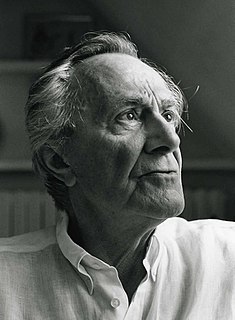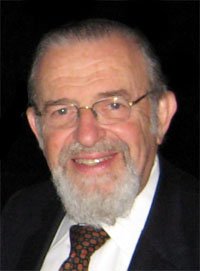A Quote by Jean-Francois Lyotard
A work can become modern only if it is first postmodern. Postmodernism thus understood is not modernism at its end but in the nascent state, and this state is constant.
Quote Topics
Related Quotes
The essence of the modern state is that the universal be bound up with the complete freedom of its particular members and with private well-being, that thus the interests of family and civil society must concentrate themselves on the state. It is only when both these moments subsist in their strength that the state can be regarded as articulated and genuinely organized.
When you stand in the present, you become thoughtlessly aware. And this state is the first state you achieve, and this is the state where you become absolutely peaceful within yourself. The peace is so great that you enjoy your peaceful existence. Not only that, but you become the source of peace. Wherever you go, you emit peace.
The Fascist conception of the State is all-embracing; outside of it no human or spiritual values can exist, much less have value. Thus understood, Fascism is totalitarian, and the Fascist State -- a synthesis and a unit inclusive of all values -- interprets, develops, and potentiates the whole life of a people.








































